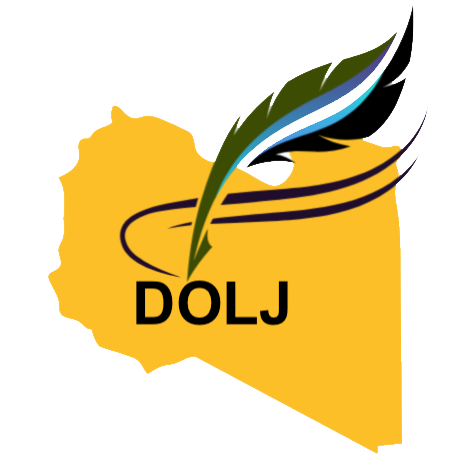Arab Revolutions in the Third Millennium from a Sociological Perspective (Libya as a Case Study)
DOI:
https://doi.org/10.54172/tvx08c45Keywords:
phenomenon, revolutions, Arab analysis, realityAbstract
Talking about the Arab people's revolution in the third millennium seems premature as the issue is still ongoing. Therefore, in this paper, we will discuss the theoretical frameworks proposed in the literature of social sciences, aiming to employ them in diagnosing the current Libyan situation. Our objectives include analyzing and interpreting the reality and prospects of Arab revolutions, understanding the reality of the Libyan people, and identifying effective local and international means to overcome the current crisis. We rely on the descriptive method, as it provides data and facts that helped the researcher to outline a general picture of the study subject. Through sociological analysis, several key results were identified, including the need for a comprehensive theory for Arab revolutions and the criteria for their success or failure, such as economic reforms, job opportunities, basic services, security, freedom, democracy, and social justice.
Downloads
Published
Issue
Section
License

This work is licensed under a Creative Commons Attribution-NonCommercial 4.0 International License.
Copyright of the articles Published by Almukhtar Journal of Social Science (MJSSc) is retained by the author(s), who grant MJSc a license to publish the article. Authors also grant any third party the right to use the article freely as long as its integrity is maintained and its original authors and cite MJSSc as the original publisher. Also, they accept the article remains published by the MJSSc website (except in the occasion of a retraction of the article).













